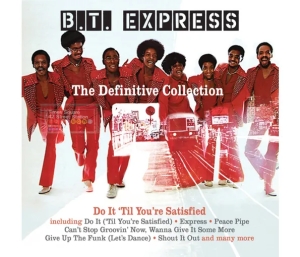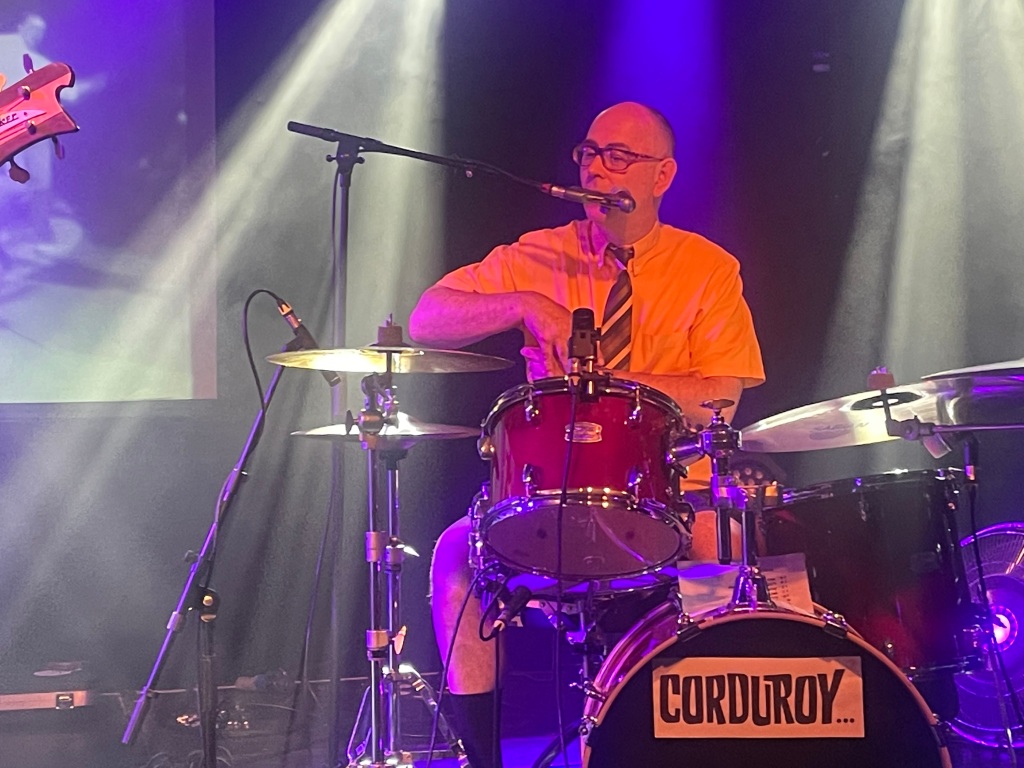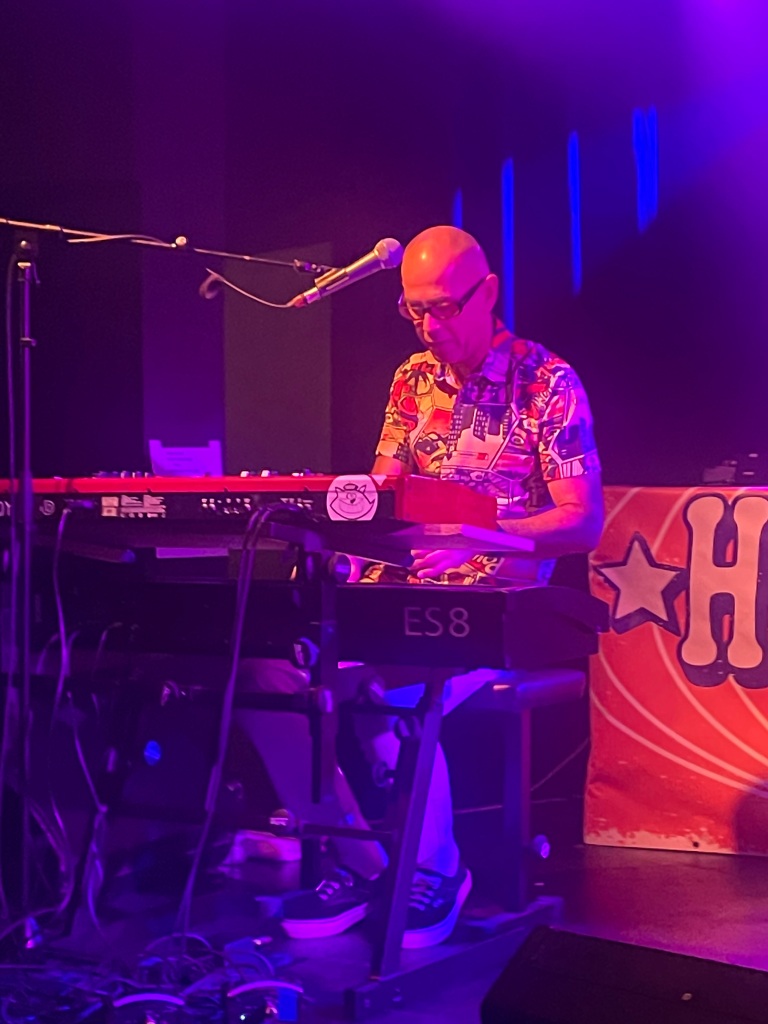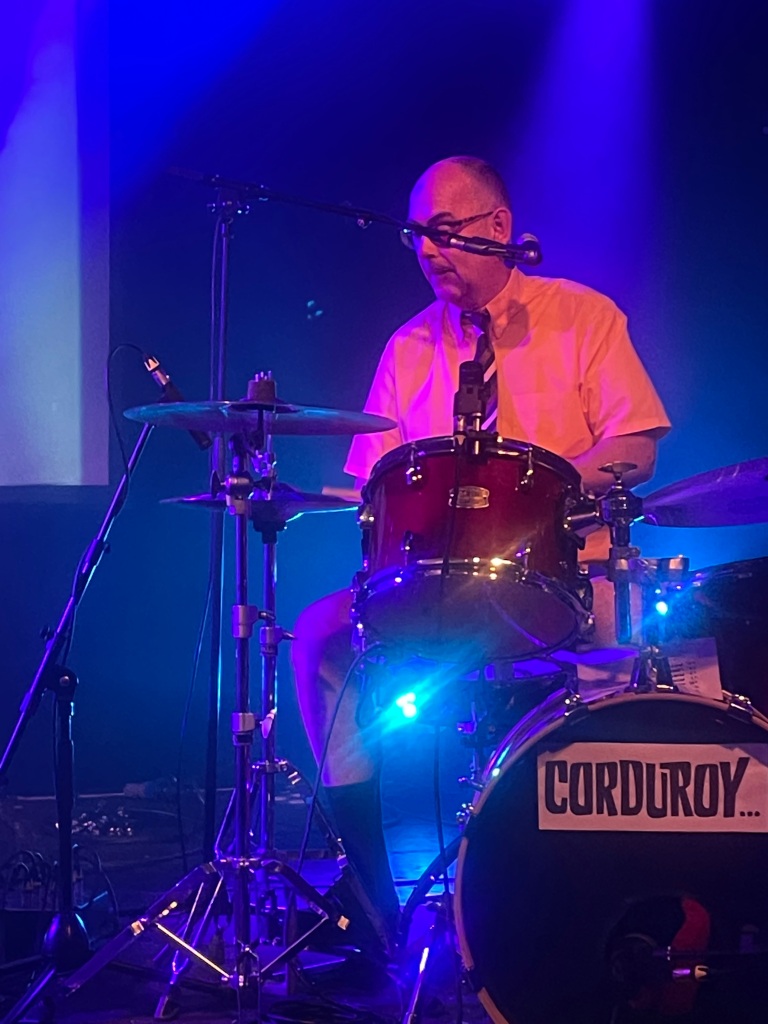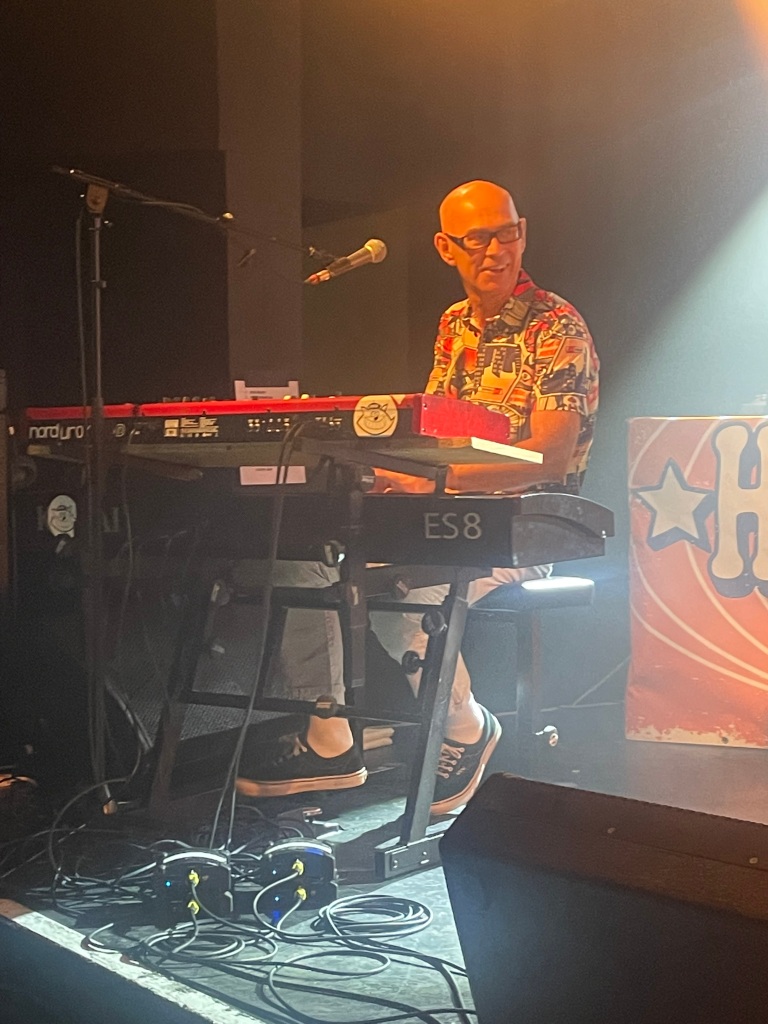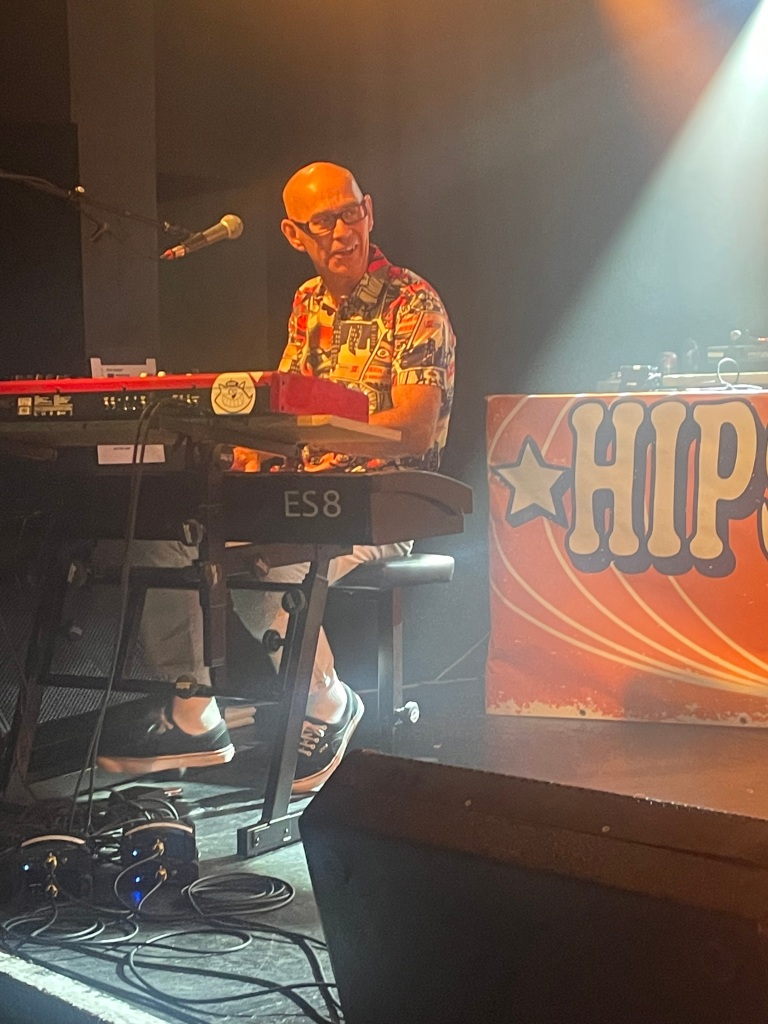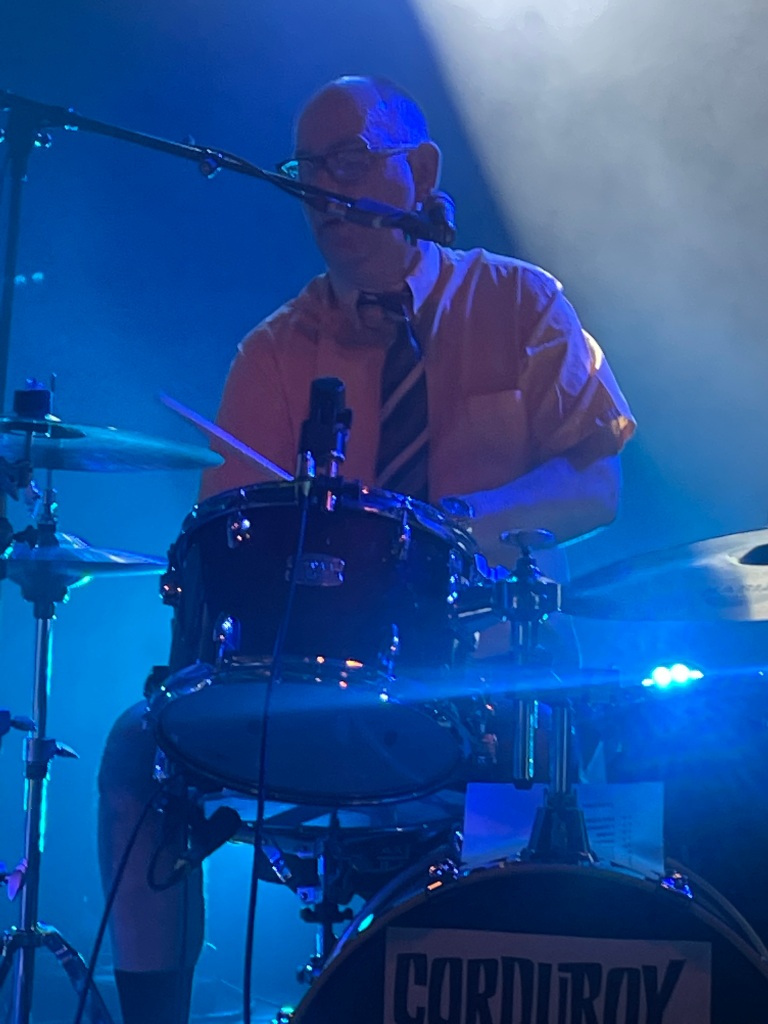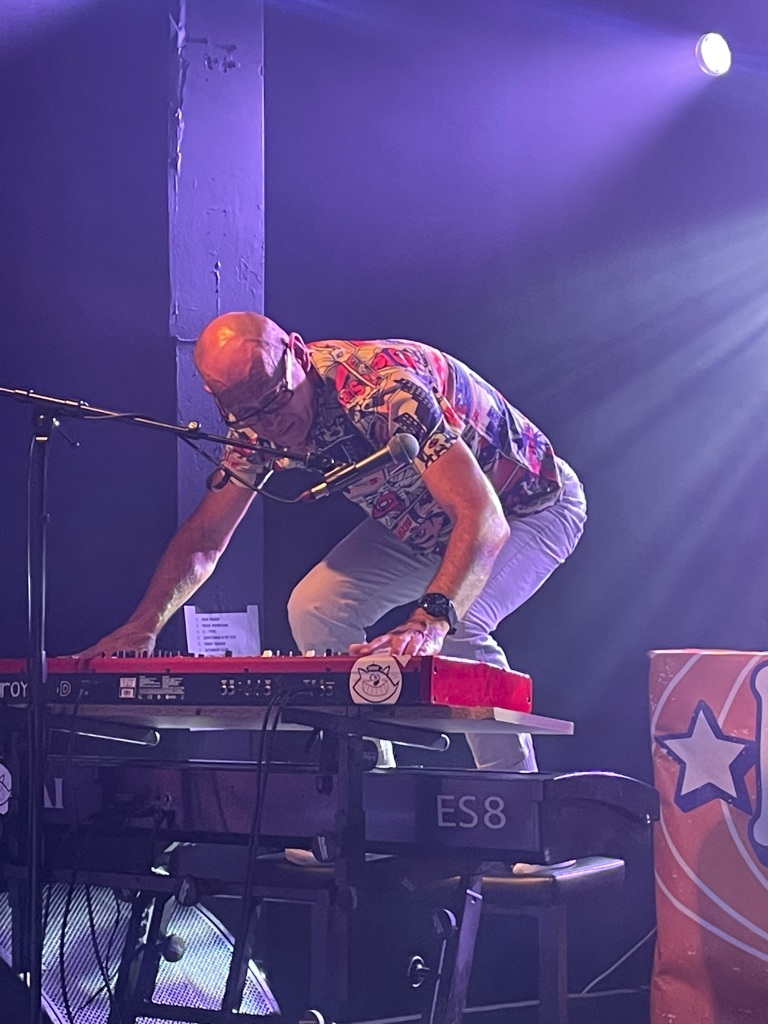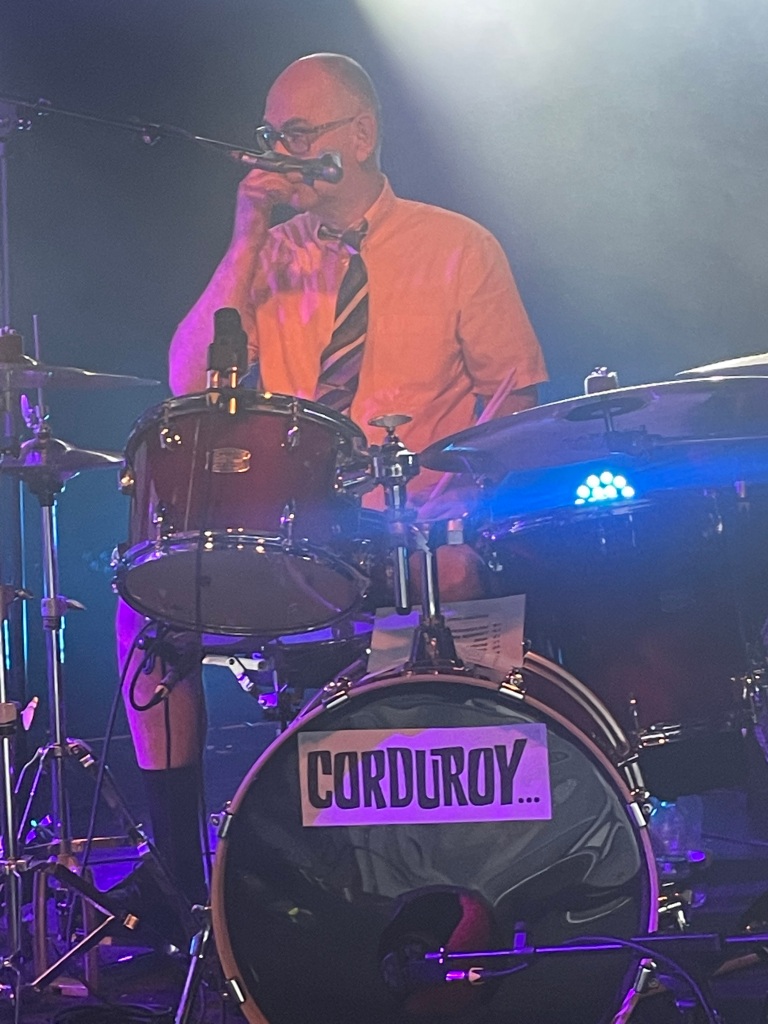
Jesse Johnson – Jesse Johnson Revue/Shockadelica/Every Shade Of Love
Jesse Johnson – Jesse Johnson Revue/Shockadelica/Every Shade Of Love
Robinsongs
2CD/DL
Out now
Reissue of Jesse Johnson’s trio of albums from the 1980s, plus five bonus tracks. Included is former Time man’s collaboration with Funk legend Sly Stone Crazay. Ian Canty writes…
Rock Island’s own Jesse Woods Johnson started playing guitar while still at school and after showing a marked talent on the instrument, he joined up with a few of the local Funk outfits. However, a move to Minneapolis at the age of 20 would provide the turning point in his musical career. There he encountered Morris Day and joined Day’s band, which in turn would lead to Johnson becoming guitarist in Prince Rogers Nelson’s sometime backing aggregation The Time.
Just after Prince made a global mark on the back of Purple Rain album and film, Johnson left The Time as he didn’t just want to be seen as a sideman. He wished for his own solo career and in 1984 A&M, possibly hoping for a little of the Prince magic to carry over onto his bandmate, signed him up. Jesse’s material was basically working the same area as the Purple One too, i.e. modern Electro Funk/Dance grooves that came with a happy knack for real Pop appeal.
His self-penned debut album Jesse Johnson Revue came out in the following year and made a decent impact in the US, particularly on the R&B charts. JJR starts off this new set and a bouncing bassline and thumping rhythm helped to make opening track Be You Man a number four hit single on the R&B listings. Though perhaps sounding a little “of its time”, there’s plenty to enjoy on this LP. Johnson was more than capable of pulling out a convincing slower number I Want My Girl alongside out and out floor-fillers like She Won’t Let Go and a synth-heavy Let’s Have Some Fun, which adds nicely to the variety on show.
The simple but effective Can You Help Me was another fairly successful 45 and a frosty Special Love veers attractively towards Electropop. A satisfying first album concludes with the solid Funk moves of She’s A Doll, where Jesse gets ample opportunity to show off his six string prowess.
Respectable sales for Jesse Johnson Revue meant for a quick fire follow-up as Shockadelica hit the shops a year later. This was to be Johnson’s best selling album and owed some of its success to the single that trailed it, a collaboration with the legendary Sly Stone called Crazay that canily fused fashionable Hip Hop beats with driving Electrofunk. Despite not cracking the Billboard Top 50, it nearly topped the R&B charts and was a hit in New Zealand too. Shockadelica ensues with the full-on handclapping Funk attack of Change Your Mind and exotic percussion powers a cool Baby Let’s Kiss.
A Better Way is Gospel-tinged R&B reimagined for the 1980s, with Do Yourself A Favor’s skipping Pop thrust shaping up a treat. Addiction sets forth as an inventive, invigorating sound with a steady hook and hectic Dance jam Burn You Up certainly brings the Funk. Shockadelica, in rather ungainly fashion, has its final track Black In America carried over to start disc two of this set. It’s a minor quibble, but as the song provides such a neat, uplifting climax to the record, it is a shame the LP couldn’t have been included complete on one disc here somehow.
Jesse opted to wind down his solo career after A&M decided not to renew the contract that was concluded by 1988’s Every Shade Of Love compendium. This album received another respectable rather than outstanding commercial reception, but perhaps less so its predecessor which may have influenced that decision. It is another solid showing of 80s Funk thrills though that completes a trio of impressive long players included in this set. A snappy and catchy Love Struck, the album’s big single, gets things off on the good foot and lets Jesse do his thang on guitar into the bargain.
From there a busy but fairly standard Funker So Misunderstood takes things on. But the tinkling machine electronics of I’m The One feels like a more subtle use of the technology of the time and then Color Shock draws from an even more “Art Of Noise” kind of musical palette. The title track thrives on a sunny sax sitting atop the same kind of thing to good effect, with Johnson’s world-weary vocal fitting the bill for this, the LP’s other single. Everybody Wants Somebody To Love sounds like it could have made a good 45 too. The LP wraps itself up in the form of the pairing of the smart change of emphasis on assured Slow-Jam ballad I’m Waiting For You and Stop – Look – Listen, which motors along swimmingly.
The final part of this set collects some of Jesse’s odds and sods from the 1980s. Heart Too Hot To Hold, Johnson’s contribution to the soundtrack of The Breakfast Club, is as 1980s as it could be but still very good too. This is followed by a chilled remix of She Can’t Resist from Shockadelica and a longer cut of Crazay. Drive Yo Cadillac comes with a big serving of Pure Pop appeal and these bonuses are rapped up by a radically reshuffled take of Love Struck.
There is a slight sense on Jesse Johnson Revue/Shockadelica/Every Shade Of Love that Jesse struggled to fully emerge from the shadow of his erstwhile bandmate. But that’s a pretty big umbra for anyone to escape from and it is to JJ’s great credit that he created three highly enjoyable modern Funk albums that still come over as fresh and attractive all these years on. After a lengthy break, Jesse returned to the studio to cut the Verbal Penetration LP in 2009. But on this set it is made clear he cut a real dash in the 1980s.
Jesse Johnson’s website is here
Chase down a copy of Jesse Johnson – Jesse Johnson Revue/Shockadelica/Every Shade Of Love here

